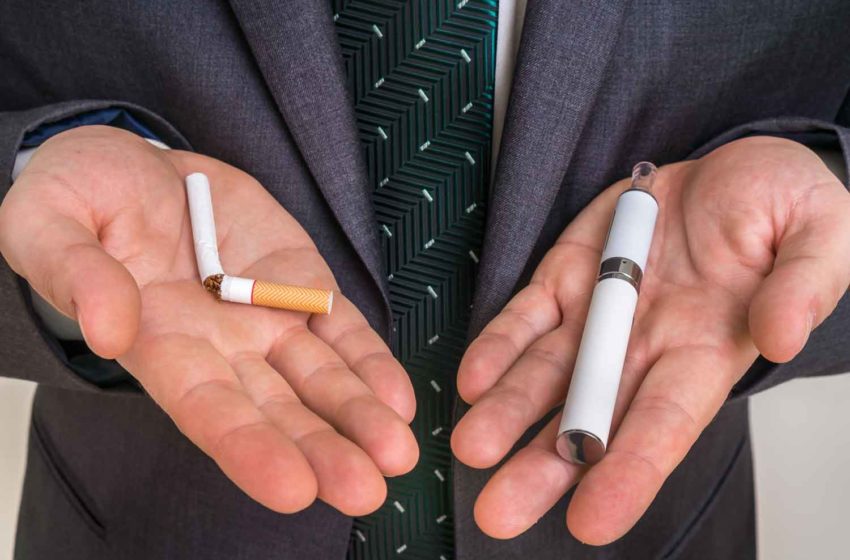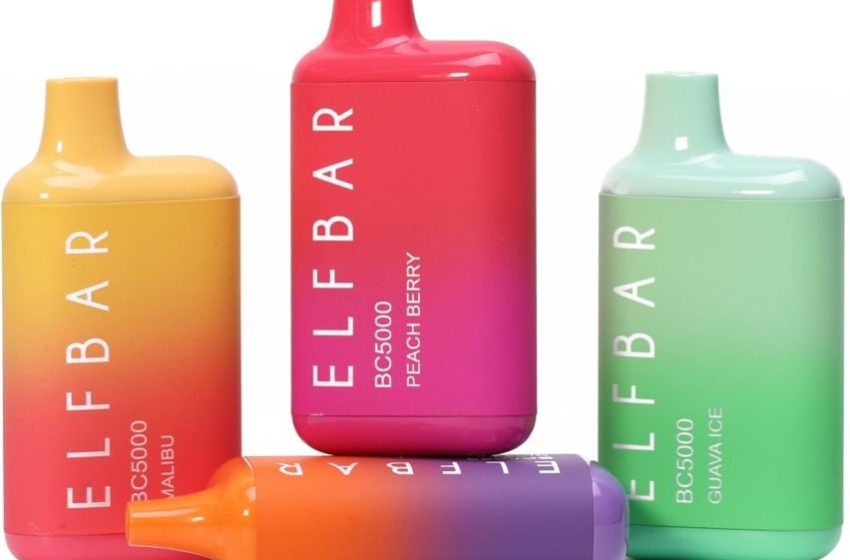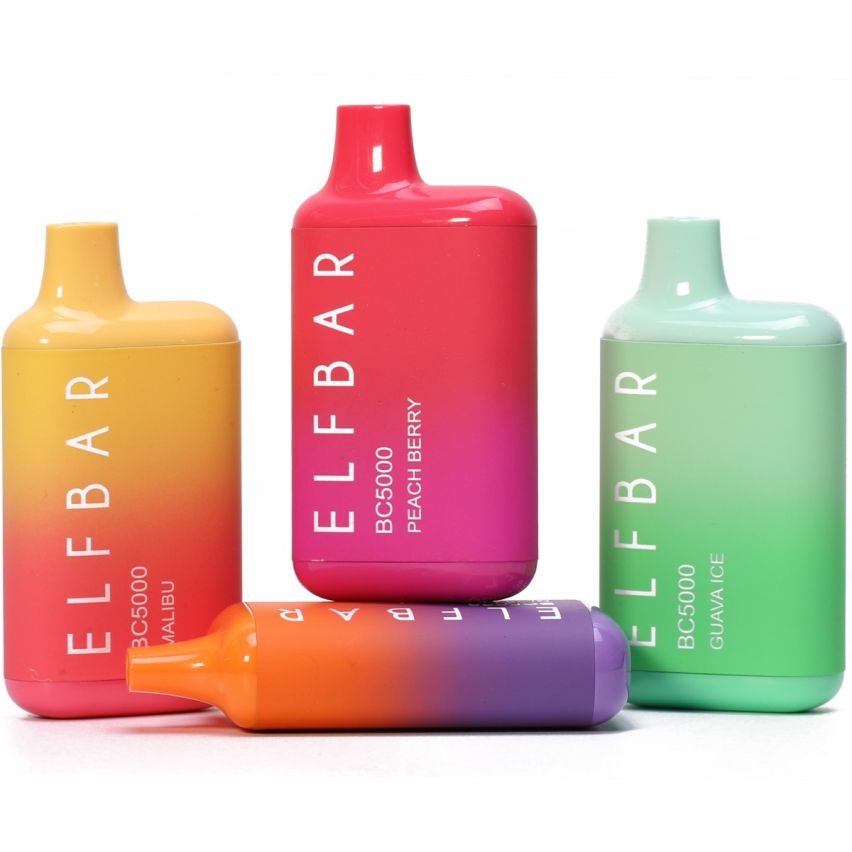
E-cigarettes are among the Top-3 most effective tools to stop smoking, according to a new review of evidence by a team of scientists. The other strategies are Varenicline, a prescription drug sold under brand names such as Chantix and Champix, and Cytisine, a plant-based compound sold as an over-the-counter natural health product in Canada and throughout central Europe and eastern Europe, and available under prescription in the United Kingdom.
These tools for quitting work best when combined with behavioral support, such as counseling, according to the authors. Bupropion and nicotine replacement therapy (NRT) are also effective, especially NRT patches combined with fast-acting forms like gum.
“For behavioral support, evidence is strongest for counseling and for programs that reward people for stopping smoking,” said senior author Jamie Hartmann-Boyce, assistant professor of health policy and management in the UMass Amherst School of Public Health and Health Sciences, in a statement.
Published Sept. 4 in the journal Addiction, the review was conducted by the non-profit Cochrane Tobacco Addiction Group (CTAG)
CTAG’s summary outlines the key findings from 14 Cochrane reviews that CTAG published between 2021 and 2023.
The latest Cochrane review of e-cigarettes for smoking cessation concluded that there was high‐certainty evidence that e-cigarettes with nicotine increase quit rates compared with NRT, and moderate‐certainty evidence that they increase quit rates compared with e-cigarettes without nicotine.
The 2023 Cochrane review of pharmacological and e-cigarette interventions for smoking cessation included all drugs licensed as treatments for smoking cessation anywhere in the world, as well as e-cigarettes with or without nicotine. The review included 319 studies (157,179 participants). The most effective interventions were nicotine e‐cigarettes, varenicline and cytisine, all of which had high-certainty evidence, closely followed by combination NRT.



















